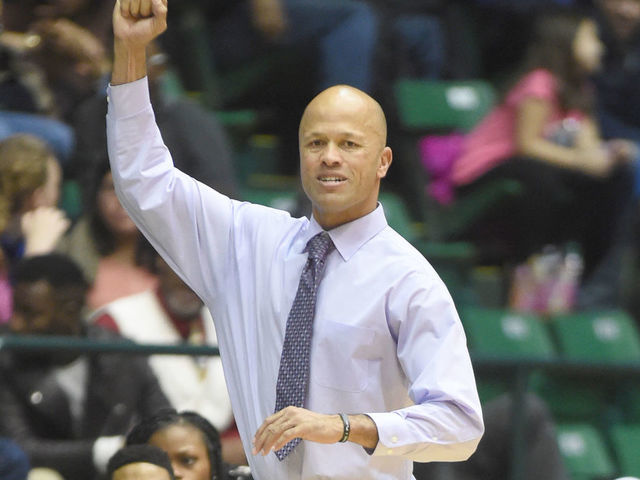 HBCU graduates have higher earning potential and self-image, according to a new study. The study, authored by researchers from Morehouse College and Howard University, dispels the idea that earning a degree from an HBCU is hindrance to success.
HBCU graduates have higher earning potential and self-image, according to a new study. The study, authored by researchers from Morehouse College and Howard University, dispels the idea that earning a degree from an HBCU is hindrance to success.
On the contrary, it suggests that historically black college and university graduates have advantages that black students at predominately white institutions don’t have. “Our results suggest that HBCU graduates realize higher earnings relative to non-HBCU graduates,” said the report. “As such, our results lend support to the idea that HBCUs continue to have a compelling educational justification, as the labor market outcomes of their graduates are superior to what they would have been had they graduated from a non-HBCU.”
The study also suggested that HBCUs were better for the self-esteem and self-image of black students. “Our estimates of the effects HBCUs have on the psychological outcomes of graduates also lend support to the idea that HBCUs have a comparative advantage in nurturing the self-image, self-esteem, and identity of its graduates, which theoretically matters for labor market outcomes,” said the study.
According to Gregory Price, one of the study’s co-authors, he and his colleagues used a definition of success that isn’t commonly found in studies about similar subjects. “What we did is we looked at an alternative sample. Keep in mind, the typical study only looks at one narrow outcome, market earnings,” Price said. “Market earnings are a short value of success.”
Students and graduates of HBCUs seem to share this sentiment.
“The program I was in really set the bar for success early on,” Courtney Jones, a graduate of Florida A&M University said to The Grio. “Success was not just, ‘make this amount of money and obtain this title.’ They would provide the resources for success, but you had to decide what success was for you.” Referenced from ATL



